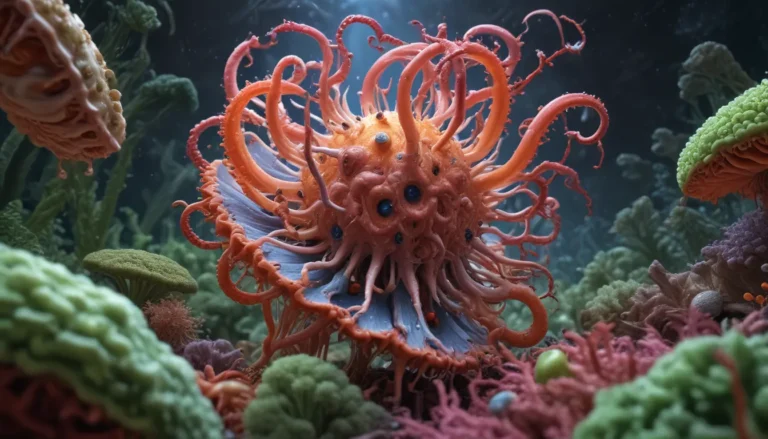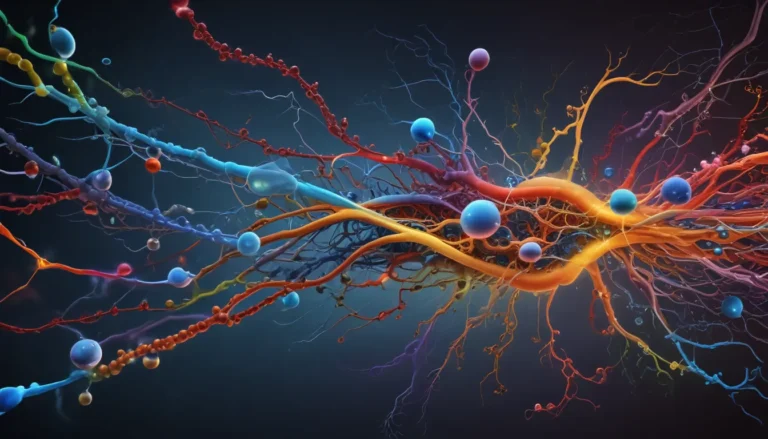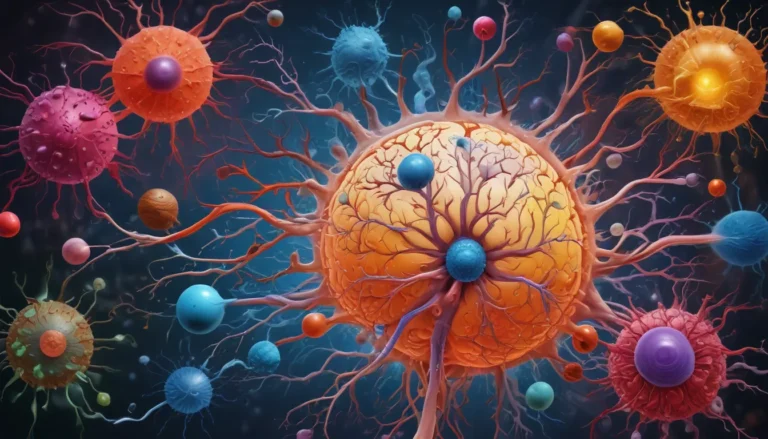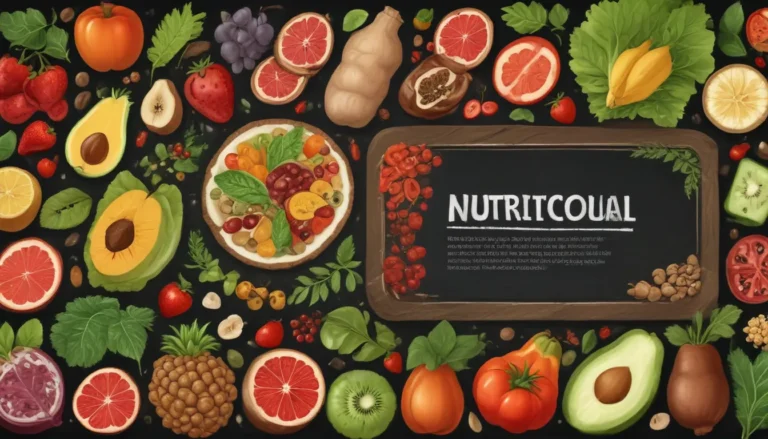A Note About Images: The images used in our articles are for illustration purposes only and may not exactly match the content. They are meant to engage readers, but the text should be relied upon for accurate information.
Are you curious about the intricate world of tissue beyond its common associations with paper products? Tissue is a fundamental component of living organisms, playing essential roles in structure, function, and protection. In this captivating exploration, we will uncover 14 surprising facts about tissue that will deepen your understanding of the biological world and leave you in awe of its complexity. From the regenerative abilities of tissue to its applications in various fields, get ready to embark on a journey into the remarkable realm of tissue!
Understanding the Vital Role of Tissue in the Human Body
Tissue serves as the building blocks of our bodies, enabling organs to function properly and even heal themselves when damaged. It is a crucial component that is essential for our health and well-being. The human body is composed of four main types of tissue: epithelial, connective, muscle, and nervous tissue. Each type has unique characteristics and functions, contributing to the overall functioning of our organs and systems.
Unveiling the Regenerative Abilities of Tissue
One of the most remarkable qualities of tissue is its ability to regenerate. Some types of tissue, such as epithelial tissue, have a high rate of turnover and can repair themselves relatively quickly. This regenerative capacity is crucial for maintaining the integrity and health of our bodies. Tissue engineering is a rapidly growing field that focuses on creating artificial tissue for transplantation and regenerative medicine purposes. Scientists and engineers utilize innovative techniques like scaffolding and bioprinting to develop functional and viable tissue constructs.
The Impact of Tissue Donation and Transplantation
Tissue donation is a vital aspect of healthcare that allows individuals to donate tissues such as skin, bone, tendons, and corneas to those in need. These tissues can then be transplanted to help restore function and improve the quality of life for recipients. Tissue also plays a crucial role in the immune system, with connective tissue housing immune cells and supporting the body’s defense against pathogens.
Exploring the Role of Tissue in Research and Disease
Tissue samples, including biopsies and cell cultures, are invaluable for scientific research. They enable researchers to study diseases, develop new treatments, and gain a deeper understanding of human biology. However, many diseases can impact different types of tissue, highlighting the importance of understanding these diseases and their effects on tissue for developing effective treatments. Proper nutrition is essential for tissue health, as tissues require adequate nutrients, vitamins, and minerals for optimal function.
Protecting Tissue from External Factors and Understanding its Unique Properties
External factors such as trauma, radiation, toxins, and medications can damage tissue, emphasizing the need to protect our tissues and take necessary precautions to minimize risks. While tissue is composed of similar components, it exhibits unique properties in different organs. For example, the muscle tissue in the heart has different characteristics compared to the muscle tissue in skeletal muscles.
Unraveling the Complexities of Wound Healing and Abnormal Tissue Growth
Tissue repair is a complex process that involves the regeneration and remodeling of damaged tissue, with various biological mechanisms and the formation of scar tissue playing key roles in the healing process. Some diseases, such as fibrosis and tumors, involve abnormal tissue growth, leading to complications and impairments in normal bodily functions.
Acknowledging the Effects of Aging on Tissue Health
As we age, our tissues undergo changes, with the regenerative capacity potentially declining, and structural alterations contributing to age-related conditions such as osteoporosis and skin wrinkling. These changes underscore the importance of maintaining tissue health throughout the aging process.
Embracing the Wonder and Complexity of Tissue
In conclusion, tissue is a fascinating and essential component of the human body. Its diverse types and functions ensure our organs and systems work harmoniously in maintaining our well-being. By deepening our understanding of tissue’s intricacies, we can appreciate the remarkable complexity and versatility of our bodies, leading to advancements in medicine and healthcare that will benefit us all.
FAQs: Delving Deeper into Tissue Facts
- What are the different types of tissue in the human body?
-
There are four main types of tissue in the human body: epithelial tissue, connective tissue, muscle tissue, and nervous tissue.
-
How does tissue regenerate?
-
Tissue regeneration occurs through a process called cell division, where damaged or old cells are replaced by new ones. Some tissues, like the liver and skin, have a higher regenerative capacity compared to others.
-
What is the largest organ in the human body?
-
The skin is the largest organ in the human body, consisting of various types of tissues that protect the underlying structures and regulate body temperature.
-
Can tissue be grown in a lab?
-
Yes, scientists have made significant advancements in tissue engineering, allowing them to grow tissues and even organs in the lab. This field holds great promise for medical applications such as regenerative medicine and transplantation.
-
Are all tissues in the body permanent?
- No, some tissues have a limited lifespan and are constantly being replaced. For example, the lining of the intestine regenerates every few days, while red blood cells have a lifespan of around 120 days.
Dive Deeper into the Intriguing World of Tissue
The fascinating world of tissue is full of surprises and wonders waiting to be explored. From its regenerative abilities to its crucial role in maintaining our health and well-being, tissue continues to captivate researchers and enthusiasts alike. Let’s continue our journey into the intricate realm of tissue and unlock even more marvels that lie within the building blocks of life.






